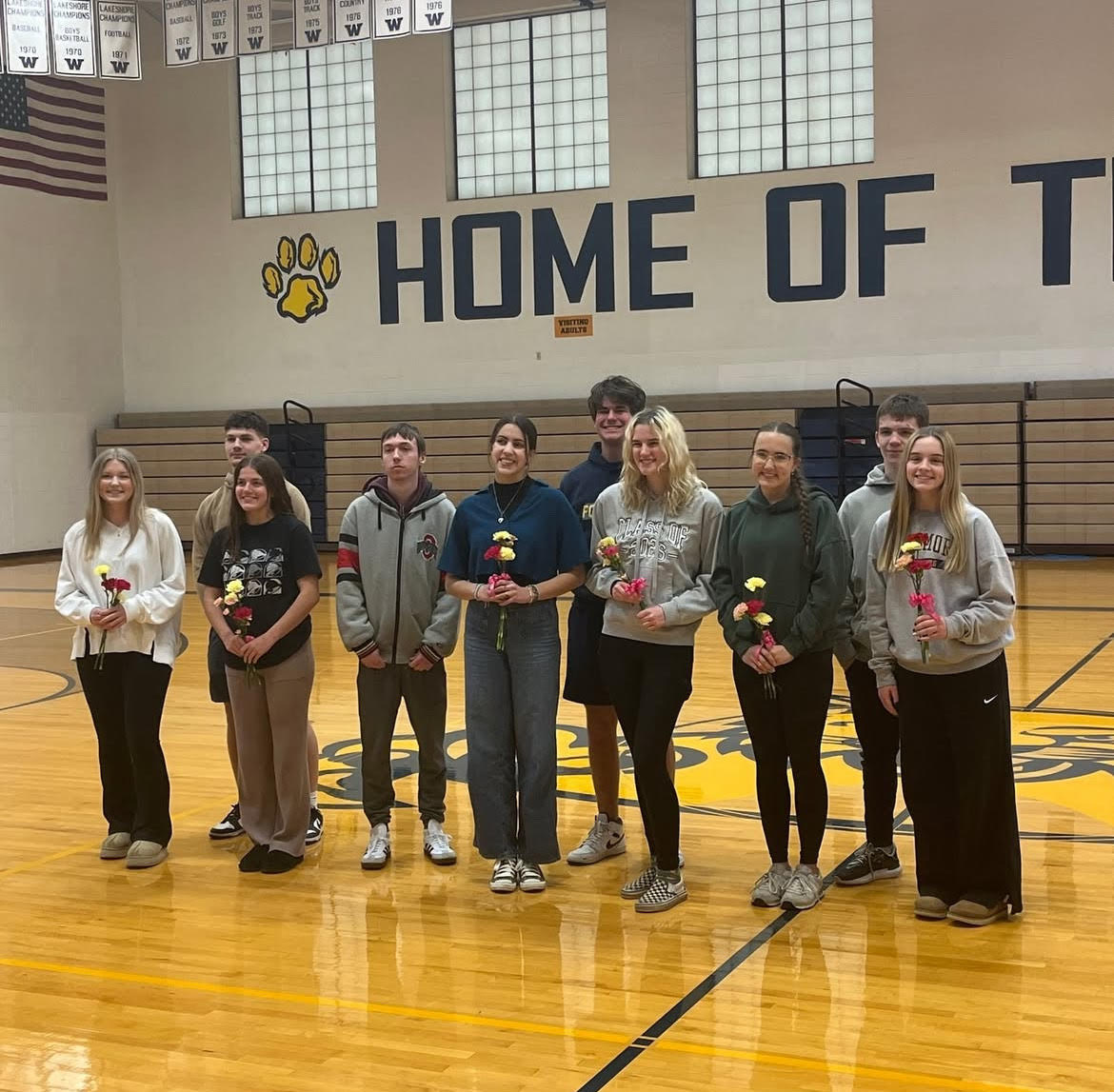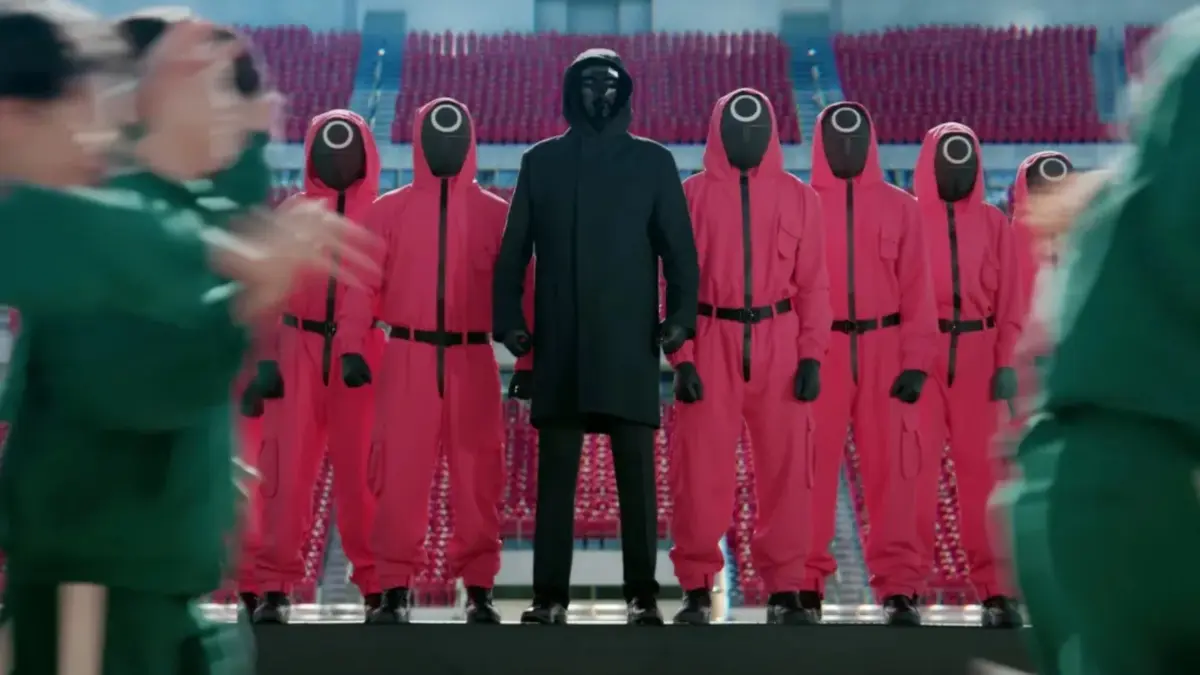Some of us grow up having vibrant intellectual conversations with our loved ones and colleagues. We ask ourselves questions like, “What does it mean to be human? What is human consciousness, and why does it exist?” These are not easy questions to answer, and depending on what we are taught, we can generate many answers, often conflicting, to these types of questions. That gray that lies between the absolutes is the basis of philosophy. These thoughts require time to process, no matter how smart we think we are. We need these experiences in order to process more complex ideas later on. Our smartphones, however, have a very different idea about how to capture our attention, and unfortunately, the tech companies behind these devices know all too well how to overcome our very human weaknesses when it comes to brain power and processing. We are at an unprecedented disadvantage when we pit ourselves against these tech giants and the only way we can summon our inner Davids versus these Goliaths is to first recognize how our brains work.
If any of you have had me as a teacher, and while I am speaking to the Woodmore community as a whole, I am looking at you, the students, for this part, you know that I greatly value the ability to have thoughtful class discussions. In the style of Socrates, to me, nothing can replace the ability to think through a challenging question in the moment and generate a thoughtful comment, insight, or answer in response to something truly complex. I also argue it’s a great way to sharpen our writing skills, which admittedly is the end goal. I have found that in the last few years, especially following our experiences with COVID, our ability to stop and process these types of questions has become increasingly rare.
COVID tested us, and frankly, we failed. Rather than spend our ample extra time at home on productive or restful things that helped us all be better versions of ourselves, we watched Tiger King on Netflix and had anxiety-ridden, sleepless nights doom-scrolling on our phones as we pondered our collective future dealing with the effects of a deadly virus on our world. The thing many of us don’t realize is that during this traumatic time in our lives, many of us solidified some rather unhealthy neural pathways in the form of bad habits. We became increasingly susceptible to short dopamine hits from online stimuli, which relates closely, I posit, to our struggling ability to focus deeply on more complex matters. We are still fighting this today yet, fortunately, more people are becoming aware of our affliction. The state of Ohio even recently passed a law that requires schools to develop policy that combats cell phone use in public schools, with many of the school districts opting for phone use being severely curtailed. You’ve all seen the cellphone holders in each of our classrooms. We at Woodmore are trying to fight the good fight.
https://governor.ohio.gov/media/news-and-media/governor-dewine-signs-bill-requiring-ohio-schools-to-create-cell-phone-policies
However, because so many of these massive tech companies can’t survive without the chance to sell advertising space, their methods of dissemination continue to become more subversive. In the Netflix film from 2020, The Social Dilemma – part documentary, part dramatic reenactment – Tristan Harris, a former Google executive, posits that, and I paraphrase, “[society] has already passed the point where technology has overcome human weaknesses.” I would argue that is precisely what happens every time we get subconsciously pulled in by our phones. It feels sneaky the way this technology knows exactly what to do to get us to keep our eyes on our screens. Most of us know this yet many of us still let it happen. The usefulness of technology in our day-to-day helps us too much for us to want to quit cold turkey. So, we have to seek a healthy balance.
Something important to consider when thinking about how our brains work is the concept of multitasking. Many have claimed this concept to be a myth and I would certainly agree with that claim. Johann Hari, in his book Stolen Focus (2022) – about why people struggle to focus and how we can learn to think more deeply again – he interviews a neuroscience professor from Massachusetts Institute of Technology (MIT), Earl Miller, who helps us understand something very important about how the brain works:
“There’s one key fact, he said, that every human being needs to understand – and everything else he was going to explain flows from that. “Your brain can only produce one or two thoughts” in your conscious mind at once. That’s it. “We’re very single-minded.” We have “very limited cognitive capacity.” That’s because of the “fundamental structure of the brain,” and it’s not going to change.” (p.37)
Anyone who tells you they can do ten complicated things at once is either lying to you or to themselves. Sure, we can all chew gum, cut the grass, and listen to a podcast simultaneously, but could you do those things if it was the first time you ever did them? Unique tasks come up every day, and they require our devoted brain power if we ever want to claim any real expertise or efficacy. It’s a hard lesson for us to learn when we are busy people with many goals, like holding on to a good GPA, playing a sport, or participating in extracurricular activities.
We’re all after that fleeting feeling of satisfaction. We want to feel accomplished and capable, yet we still know everyone has room to grow. As teachers, we need you, the students, to think deeply, at least for some of the time we are here together. It’s easy to get wrapped up in the many tasks we all have, but I implore everyone not to forget to embrace those moments when our brains can process, wander, evaluate, and appreciate in the deepest ways. That satisfaction may not be quite so fleeting if we do this.






















